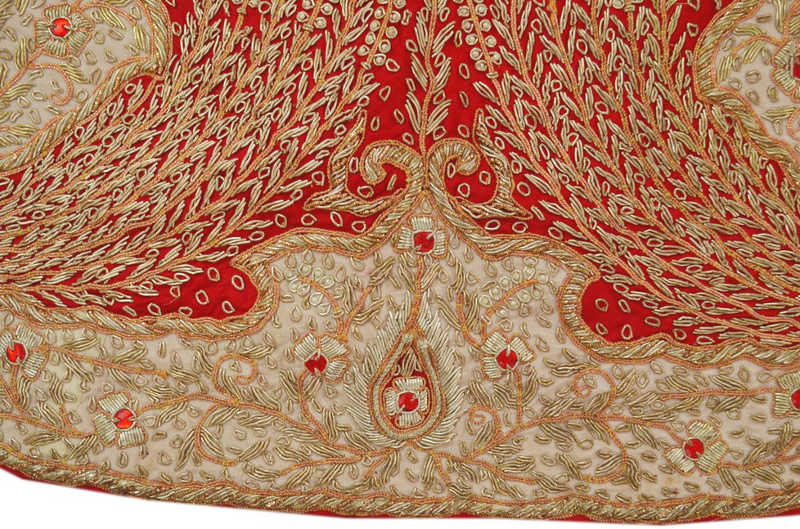===
0423,
12
===

=== |
 |
be-navā : 'Without provisions or furniture; without prosperity or splendour in condition; indigent, destitute'. (Platts p.204)
FWP:
SETS
MOTIFS
NAMES
TERMS == HYPERBOLE; METAPHOR; SIMILEThe simile or metaphor becomes remarkably convoluted. If a pauper's thoughts (and desperate hopes?) go running out in all directions, presumably he must be sitting still and entertaining them, like a spider at the center of an imaginative web. Similarly in the second line, the speaker presents himself as sitting at home, pauper-like, waiting and hoping-- while the frivolous, fickle, wanton beloved zigs and zags around all over the place. So the pauper is analogized to the be-navā speaker, while the beloved is like the pauper's thoughts.
Just as the pauper's wandering thoughts are doomed to be desperate, helpless, often (almost always? always?) futile, the speaker's plea to the wandering beloved feels likely to have the same character. But the pauper's thoughts are vain, random, mental, while the beloved's wanderings are self-chosen, self-indulgent, physical. The pauper's thoughts are a web of failure; the beloved's wanderings are a web of successful conquest.
This makes for an odd kind of plea. Why should the beloved be moved by any such analogy? If SRF is right and the abjectness of the pauper's thoughts is paramount, would the lover not be in danger of offending her by the comparison? Maybe the lover is just dramatizing his humility and desperation. Because really, the juxtaposition of the pauper's wandering thoughts and the beloved's wandering body is quite awkward. Of course, that same oddness could always be said to make it more piquant and thought-provoking. Even if the beloved would actually, against all the odds, heed the plea and turn up at the poor lover's house for a night or two, the verse has set up a context in which her visit could only be casual, wanton, meretricious.